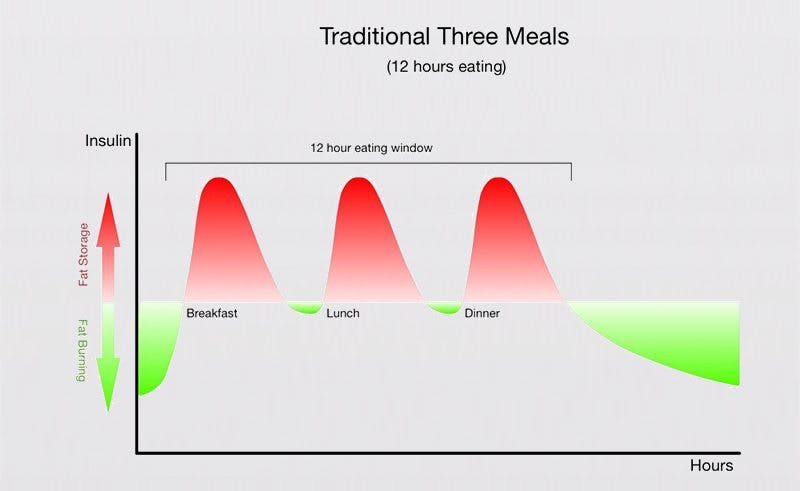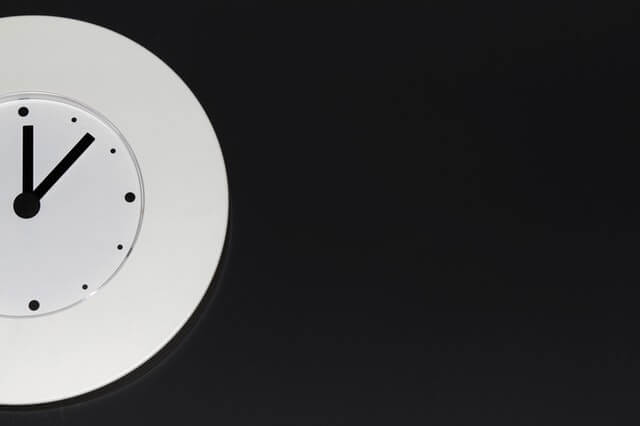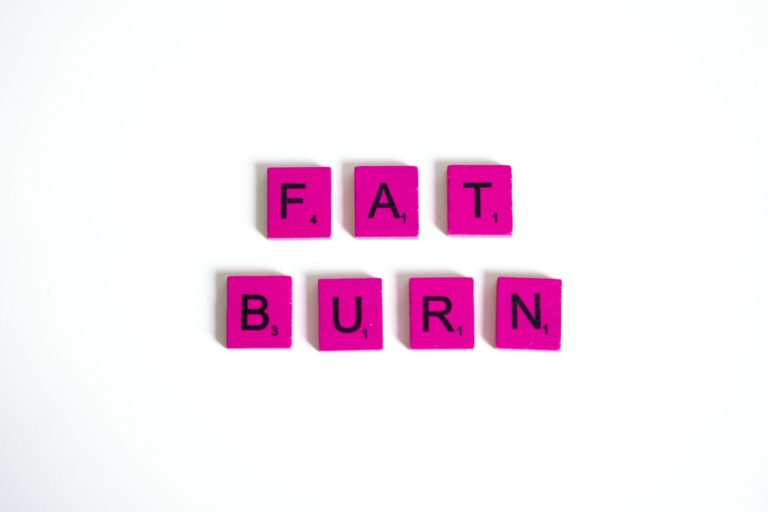HOW TO START INTERMITTENT FASTING IF YOU’VE NEVER FASTED BEFORE.
You might think you’ve never fasted before, but the truth is, fasting is more common than you realize. It’s something we’ve all done, often without even thinking about it.
Let me ask you this:
- Have you ever been so busy at work that you skipped lunch?
- Travelled long distances and couldn’t find a place to eat for hours?
- Booked dinner with friends and avoided eating beforehand to not spoil your appetite?
- Been too nervous before an exam or event to eat all day?
- Had to skip breakfast for a blood test or another medical exam?
- Woken up late and skipped breakfast to make it to work on time?
- Felt sick and didn’t eat?
- Spent hours on an assignment and forgot to eat?
- Returned from vacation with an empty fridge?
- Been so focused on a task that you didn’t want to stop to eat?
- Stayed in a hotel and only had breakfast or dinner at set times?
- Grabbed just a coffee instead of breakfast?
- Slept?
If you said “yes” to even one of these, then you’ve fasted before!
The term “fasting” can sound daunting, but technically, fasting is just the time between meals. You’re either eating or fasting. The moment you finish your last meal, the fasting clock starts, and it ends with the first bite of your next meal.
12-HOUR FAST: YOUR STARTING POINT
Good news: sleeping counts as fasting. So, you’ve been fasting every night without realizing it. Sleep will serve as the baseline for your first fast. Here’s how to get started:
- Consider your sleep routine: How many hours do you typically sleep?
- Think about your meals: What time do you usually eat your last meal? What time is your first meal of the day?
- Adjust your eating window: Try moving your last meal earlier by an hour or two, or delay your first meal by an hour or two after waking.
- Aim for a 12-hour fast: Gradually shift until you can fast for 12 hours overnight.
- Brush your teeth after dinner: This helps avoid late-night snacking temptations.
Example: Eat between 7:00 AM and 7:00 PM, and fast for the remaining 12 hours through the night.
This used to be a traditional way of eating not so long ago, perhaps your parents or grandparents can confirm it to be so. It wasn’t about eating 12 hours per day, it was about having 3 set meals per day with no snacks in between. The combination of these “rules” is what made it successful and kept the obesity rates way way below to where we are today.

Source: www.dietdoctor.com
WHY FASTING WORKS FOR EVERYONE
Fasting isn’t about restricting yourself—it’s about giving your body a break from constant digestion. By allowing your system time to rest, you enable it to focus on other important processes, like cellular repair and balancing hormones. This is why intermittent fasting works for so many people: it’s adaptable, and it aligns with your natural rhythms. Whether you’re fasting for better digestion, weight management, or just to feel more energized, the simple act of taking a break between meals can make a significant difference in your overall health. And remember, fasting is flexible—there’s no one-size-fits-all. You can adjust it to suit your lifestyle, making it a sustainable and long-term approach to wellness.
SUMMARY
- Start with 12/12: Begin with a 12-hour eating window and a 12-hour fasting window to get used to time-restricted eating.
- Stick to it for a week: Set your 12/12 timeframe and follow it daily for a full week.
- Build discipline: Use this period to mentally prepare for intermittent fasting. It will help you become aware of how much time you spend eating and not eating.
- Don’t focus on weight loss: For now, it’s not about how much you eat or what you eat. This is just a stepping stone for the next stage of your intermittent fasting journey.
- Extend the fast if possible: If you can do 14 hours on some days, great! Try not to go below 12 hours of fasting for the week.
- Remember: You are in control
Research shows that 12 hours is the minimum fasting period needed to reap the benefits of intermittent fasting.







